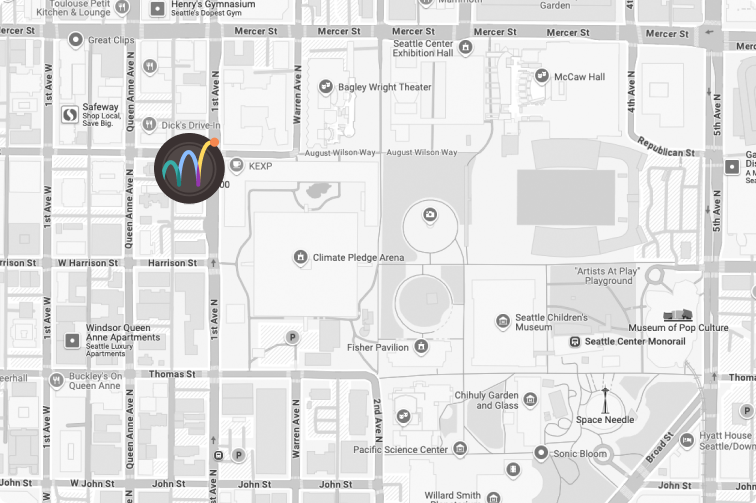
EXPERTISE
Behavioral health treatment for persistent pain and injury recovery
Most injuries heal quickly, and pain fades in weeks. But when pain becomes persistent, it often leads to frustration, fear, anger, or depression.
EXPERTISE
Helping those suffering from persistent pain
People suffering from persistent pain may avoid activities, lose fitness, and withdraw from work or life, deepening feelings of hopelessness.
Seeing a behavioral health specialist to address your pain condition does not mean the pain isn’t real. Pain always includes psychological factors like focus of attention, beliefs, expectations, fears, and impact on relationships.
Behavioral health specialists help people with persistent pain cope more effectively and better adjust to the impact an injury has had on a person.
- They teach cognitive and behavioral strategies to manage fear, anger, and depression, and explain how psychosocial factors influence pain.
- Patients also learn psychological techniques for reducing pain and reducing pain interference with life activities.
- Additionally, behavioral health specialists support families in understanding persistent pain and addressing relationship challenges that may result.
At RIW, our behavioral health specialists include psychologists and licensed mental health counselors. These providers are integral to our Pain Management Program and also offer evaluations and treatment for others who may be having difficulty recovering from an injury. To refer a patient, call (206) 859-5030 or visit our referrals page.
EXPERTISE
Helping those suffering from emotional distress related to a work injury or work-related trauma
Sometimes after a work injury or exposure to a traumatic event at work, people can develop anxiety, post-traumatic stress, depression, and irritability as a result of the experience.
Additionally, work injuries may create additional stressors (e.g. financial strain, relationship strain, uncertainty about the future, etc.) that then can further complicate recovery from a work injury
- Our behavioral health specialists provide expertise in helping people recover from these experiences
- They use cognitive behavioral therapies to improve sense of self-worth, confidence with resuming important work and life activities, and improving coping with anxiety, PTSD, depression, and irritability
- They can provide assessment and individual psychotherapy for those who may have developed a mental health condition related to their work injury
- They can provide individual behavioral health intervention for those who are experiencing stressors that may be impacting their ability to recover from their work injury

Approaching pain in a different way
Pain psychologists help those suffering from chronic pain to cope in more positive ways.
- They teach cognitive and behavioral coping skills for managing fear, depression, anger and other emotional consequences of pain.
- They also help patients understand pain and how it can be influenced by psychosocial factors.
- They teach patients psychological strategies for pain control.
- Pain psychologists also help family members understand chronic pain, and they help resolve negative changes that often occur in relationships because of chronic pain.
